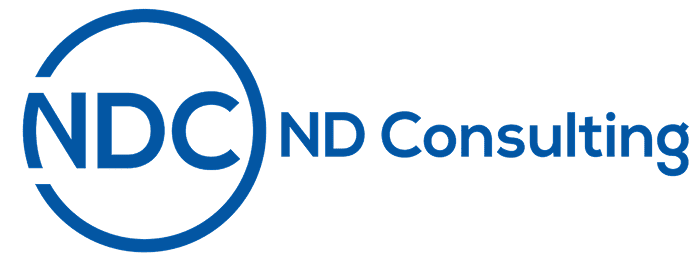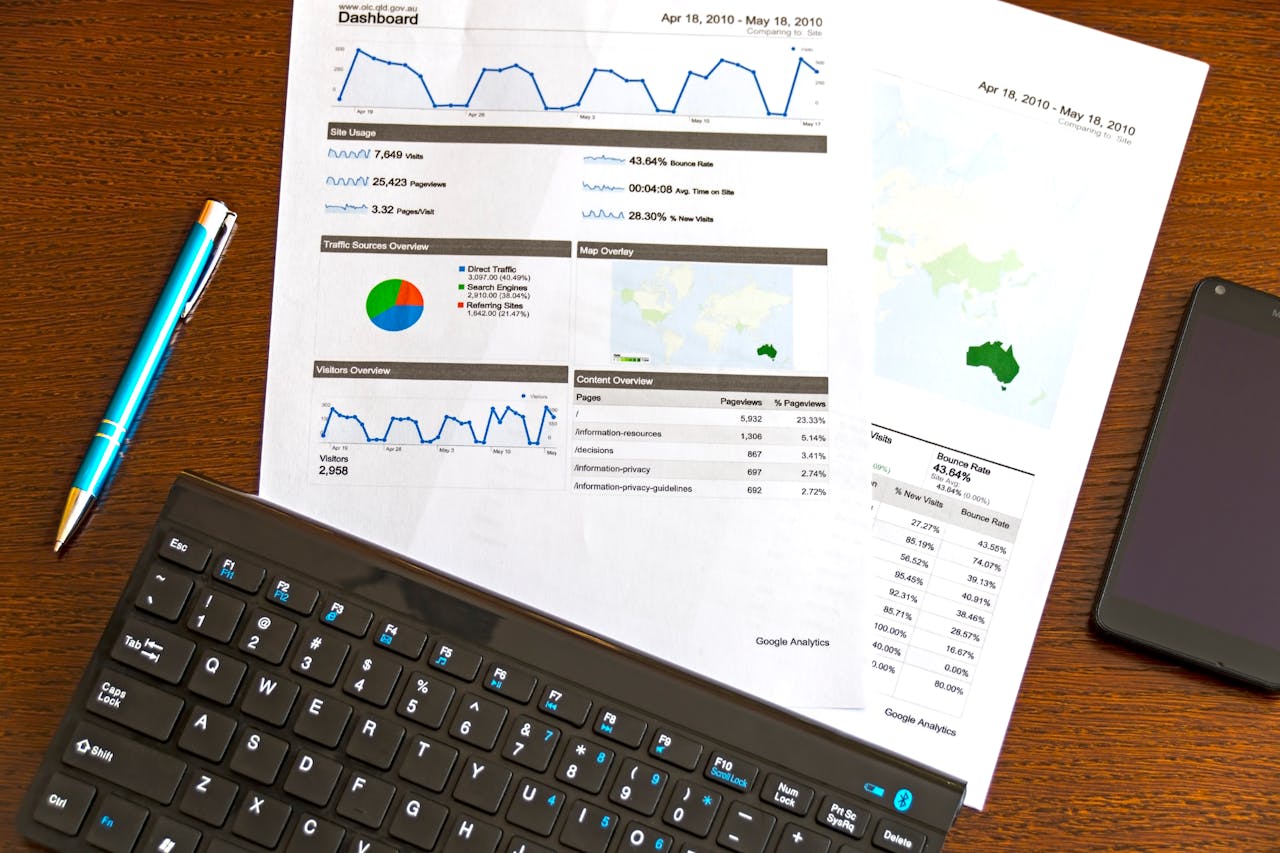Real estate decisions rely on information, and refined financial reporting is what turns raw data into actionable insight. Property firms are sharpening their financial vision, aligning operational metrics with portfolio goals, and improving decision-making across teams, through Yardi custom reporting.
Rather than being limited to standard, out-of-the-box reports, custom reporting gives firms freedom to define, filter, and analyze their unique KPIs. That capability is becoming crucial in a market where real estate software spend continues to surge, with industry forecasts projecting a global software market growth of over $32 billion by 2034.
Tailoring Reports to Real Business Needs
One of the most significant advantages of Yardi custom reporting is the flexibility to align reports with exactly what matters for different stakeholders. Whether leadership needs a rolling cash flow view, operations want work-order aging, or accounting requires owner distributions, Yardi’s reporting tools can adapt.
Using Yardi Voyager report customization, finance teams define data filters, groupings, and output layouts so that each report reflects the business’s structure, not the other way around. Rather than forcing operations into a rigid reporting schema, this customization supports complex structures such as multi-entity ownership, variable expense allocations, and different account trees.
This tailored approach supports better-informed monthly closes, clearer budgeting sessions, and dashboards that truly reflect portfolio performance.
Powerful Financial Reporting Tools
Yardi offers a robust set of built-in financial reporting capabilities that form the backbone of custom reports. With Yardi financial reporting tools, users can pull data from the general ledger, accounts receivable, and payables into dynamic reports that are both accurate and flexible.
These tools support tailored income statements, balance sheets, variance reports, and more. For firms looking to move beyond static reports, custom templates enable teams to parameterize the data, rerunning them on different filters to examine properties, cost centers, or organizational units.
Beyond that, Yardi’s integration with data connectors (like Power BI via its Data Connect module) supports advanced analytics, giving teams the option to blend internal metrics with external sources for deeper insight.
Real-Time Insight Through Analytics and Dashboards
Financial clarity isn’t just about generating reports, it’s about visualizing performance in real time. Yardi custom reporting unlocks this with flexible custom Yardi analytics dashboards that reflect key metrics and KPIs tailored to your business.

Organizations can build dashboard tiles for cash flow, rent delinquency, maintenance backlogs, or capital expenditure. These dashboards consolidate data across the portfolio, so leadership and operations teams view the same insights simultaneously.
With this real-time visibility, underperforming assets or rising costs become obvious very early. That leads to proactive management rather than reactive scrambling, teams spot trends as they develop, not after the quarter closes.
Designing for Strategy: Advanced Report Design
Customization extends beyond filtering and formatting. With Yardi advanced report design, firms can build reports that feed directly into strategic planning processes. These designs can incorporate complex KPIs, multi-dimensional account trees, and layered totals that match how senior leadership evaluates business performance.
Instead of relying on export-heavy spreadsheet work, users define reusable templates, configured once, executed many times. This reflects how the company segments business (by region, property type, ownership structure). This saves time and fosters consistency, reducing the risk of formula or mapping errors across manual spreadsheets.
Driving Business Performance with KPI Reporting
Custom reports also allow real estate professionals to define meaningful performance metrics. Whether the focus is on NOI margin, capital burn, tenant turnover, or maintenance efficiency, Yardi performance and KPI reports enable businesses to track these signals regularly.
These KPI reports are not just static documents. They can be scheduled, pushed to dashboards, or delivered via report packets to stakeholders. The regular distribution of KPIs promotes accountability, property managers see how they stack up, and executives gain continuous insight into investment-level performance.
Improving Operational Efficiency
Custom reporting improves operational workflows. Consider how maintenance, accounting, and leasing teams interact: by embedding financial metrics into operational reports, teams make quicker decisions.
For example, a report combining maintenance cost and expense variance may highlight properties where upkeep spending is accelerating faster than revenue growth. That insight can trigger a capital planning conversation or a vendor renegotiation.
This integrated reporting helps teams break free from siloed thinking. Through Yardi custom reporting, financial visibility becomes part of the operational fabric of the business.
Reducing Risk and Strengthening Control
Reports created without context or customization are prone to misinterpretation. Custom reporting lets teams apply filters and contexts that reflect organizational realities, making sure that data is accurate, relevant, and meaningful.
Risk is lowered when financial metrics tie back to real business logic: account definitions align with business units, reporting hierarchies reflect ownership structures, and audit trails follow configurable account trees. That level of alignment helps control errors, supports regulatory review, and strengthens financial governance.
Why Expert Guidance Matters
Building effective custom reports takes more than technical exposure; it requires a deep understanding of both real estate operations and reporting logic. That’s why many property firms work with advisors who specialize in Yardi reporting and analytics.
Experienced partners can help define account tree structures, craft KPI dashboards, and translate financial goals into report templates. While internal teams might generate simple reports, outside expertise can scale that work to support multi-entity financial planning or complex portfolio forecasting.
At ND Consulting, our experts help companies architect reporting frameworks that align Yardi configuration, strategic goals, and operational flows, so reports reflect real business priorities, not just data queries.
The Business Impact of Using Yardi Custom Reporting
When Yardi custom reporting is used strategically, the business impact can be profound:
- Faster financial close cycles.
- Better alignment between operations and finance.
- Improved transparency across leadership and property teams.
- Easier access to KPI-based insights for long-term planning.
Adopting a data-driven reporting practice helps strengthen stakeholder trust, and owners, investors, and management teams see consistent, accurate reporting aligned with business objectives.
Conclusion
Yardi custom reporting is a transformational tool for real estate professionals who want clarity, precision, and insight. Through intelligent Voyager report customization, advanced dashboards, and KPI-driven templates, property management firms can move from reactive reporting to strategic decision-making.
With the right configuration and design, Yardi’s reporting engine helps teams track performance, spot trends, and guide portfolio strategy with confidence. Built into a system that understands real estate accounting, custom reporting becomes not just a convenience, but a competitive advantage.




